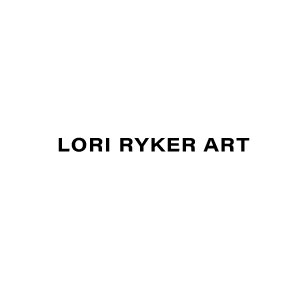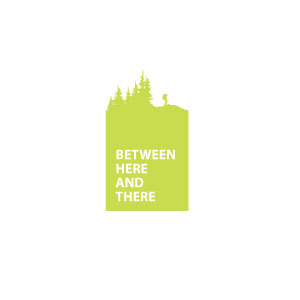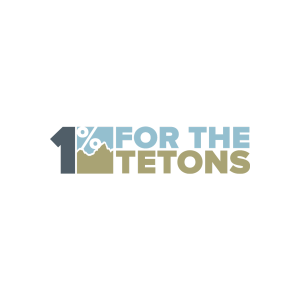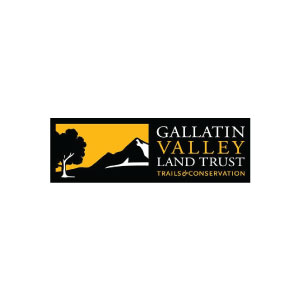…As I see it, because of the flux in our cultural perspective, architects have the opportunity to both reclaim their role as creators of culture (and what this means in all of its fullness) to expand our role as leaders and teachers of a better way to live on Earth.
Primarily what designers do is provide physical context and reality to an ideology. We make tangible the ideas for inhabiting Earth. If we use our gifts and training to evolve into a better way of belonging to the Earth, we will make real this way of thinking into a living reality. In order to achieve this cultural transformation the way we approach, conceive and develop our environments must be radically different. We must begin to think of ourselves as not primarily in service to economic development and speculative commerce, not limited to a fixed set of conditions. It is from the perspective of this challenge that I have been thinking of the 4 concepts: poetic cosmos, ecological deep well being, dwelling in place, and ritual and myth.
These interrelated concepts have as much to do with living on Earth as they do design practice. They help us recognize the need to be responsive to the place we live in and the people, animals and plants who share these places with us, that remind us that we are more than the jobs we have, or the wealth that we may command, that our lives do not end at our own limits and our sense of being extends into a world that we may never understand in completely rational terms.
Lori Ryker
notes from AIA Arkansas Lecture 2008
studioryker
studioryker believes that architecture must respond to the interwoven and interconnected conditions that arise between our specific cultural and environmental conditions of place and an expanding global reality.
We believe that while responding to the specificity of place is critical to the successful practice of architecture, we must simultaneously integrate the prolific wealth of global knowledge available to us, understand and interpret the cultural cross-over and larger environmental conditions impacting the planet, small or large, urban or rural, and wild.
In response to these beliefs, and in order to refine and develop a critical position within the realm of architecture, studioryker undertakes work on three levels: design practice, research, and exploratory. Public venues are sought at each of these levels from which the general public can learn about architecture, place, environment and the evolving global condition in which we all live.
Lori Ryker, Ph.D
Lori Ryker is the founder and principal of studioryker and founder of Artemis Institute, a not for profit organization. She was educated at Texas A&M University and The Harvard Graduate School of Design.
Her design work has received national awards and is published nationally and internationally. Her research has received awards from the Graham Foundation, the American Institute of Architects/Fellowships, Artist Innovation Award in the Visual Arts from the State of Montana, and the National Endowment for the Arts among others.
She has written three books; Mockbee Coker: Thought and Process, Off the Gridand Off the Grid Homes, and published her writing in national architectural journals.
She lectures nationally on the topics of architectural design, sustainable design, her design work and educational thought. She taught at several universities and received Tenure at Montana State University in 2005. From 2006-2015 she devoted teaching to Remote Studio, an educational program of Artemis Institute.
She currently works in both the professional and non-profit arenas through studioryker and Artemis Institute.









